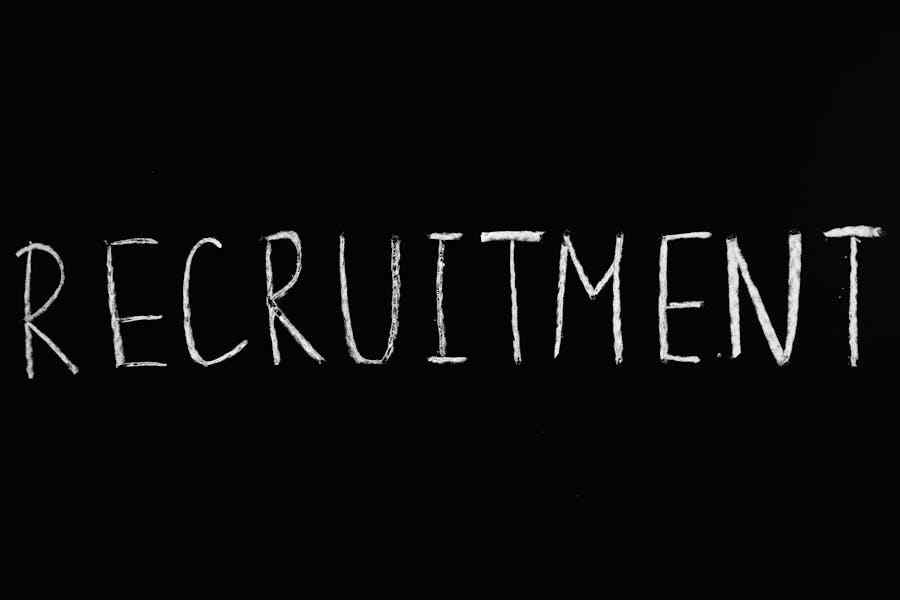
Hiring candidates with disabilities is not only a moral need but a strategic advantage for businesses in today’s competitive labor markets. Embracing disability inclusion during the hiring process assures employers they have a varied pool of talents and a culture of inclusion.
Here, we’ll offer an actionable checklist for employers motivated to improve their recruitment practices to make them more inclusive for disabled candidates.
Understand The Legal Framework In Place
The journey toward inclusive hiring begins with understanding the laws in place.
The Americans with Disabilities Act (ADA) sets guidelines that should be followed by employers to ensure provisions for accommodating disabled employees.
Familiarize yourself with these regulations and any local laws that may apply to your recruitment practices. You can also seek professional legal assistance for disability discrimination in Los Angeles to better understand the requirements.
Educate Your Hiring Team
Inclusive recruitment begins with education and training—in this case, disability awareness training and inclusive practices for hiring managers and HR staff are very necessary. Workshops on disability etiquette or sessions that reveal unconscious biases will also further prepare your team to interact effectively with disabled candidates respectfully.
Modify Job Descriptions
Your job description could well be the first contact your organization has with a prospective candidate. Make sure it focuses on key skills, capabilities, and requirements—nothing assumed about physical capacity unless it’s an occupational qualification. Use inclusive language and clear indications within the language of valuing diversity and inclusions.
Accessible Application Processes
An accessible application process is one of the cornerstones of inclusive recruitment. Ensure that all your jobs are, in fact, open to everyone—even those who have visual or auditory impairments. So, that might mean making the job information available in braille or audio, and ensuring that your online application portal complies with web accessibility standards.
Accommodate the Interview
Make your interview practices more inclusive by considering candidates with disabilities. This can include holding interviews in accessible premises, offering sign language interpretation, or giving ample time to those with cognitive difficulties.
Always ensure that you ask the candidates about their preferred means of communication and accommodation before the recruitment is done. That way, you show respect and regard to each applicant.
Feedback and Continuous Improvement
After the recruitment process, ask for feedback from applicants on how inclusive and accessible they found the procedures. Improve the practices based on the feedback that you receive. In doing so, not only does it help to refine your practices but also strengthens your reputation as an inclusive employer.
In short, inclusive recruitment can be a win-win strategy, which is not limited to mere legal obligations but can also be a way to enrich the workforce and benefit from a greater range of talents and perspectives. These practices further lead to employers making their recruitment process more equitable for all candidates.
Checklist Summary
- Understand and comprehend legal requirements.
- Train your team on disability inclusion and unconscious bias.
- Write a job description that includes only the skills required for the job and is free of discriminatory wording.
- Ensure access to applications for everyone.
- Make adjustments to the interview practices to be more inclusive.
- Seek feedback and continually improve your recruitment process.
This checklist should enable employers to carry out a hiring exercise effectively to achieve a vibrant and diverse workforce.




















